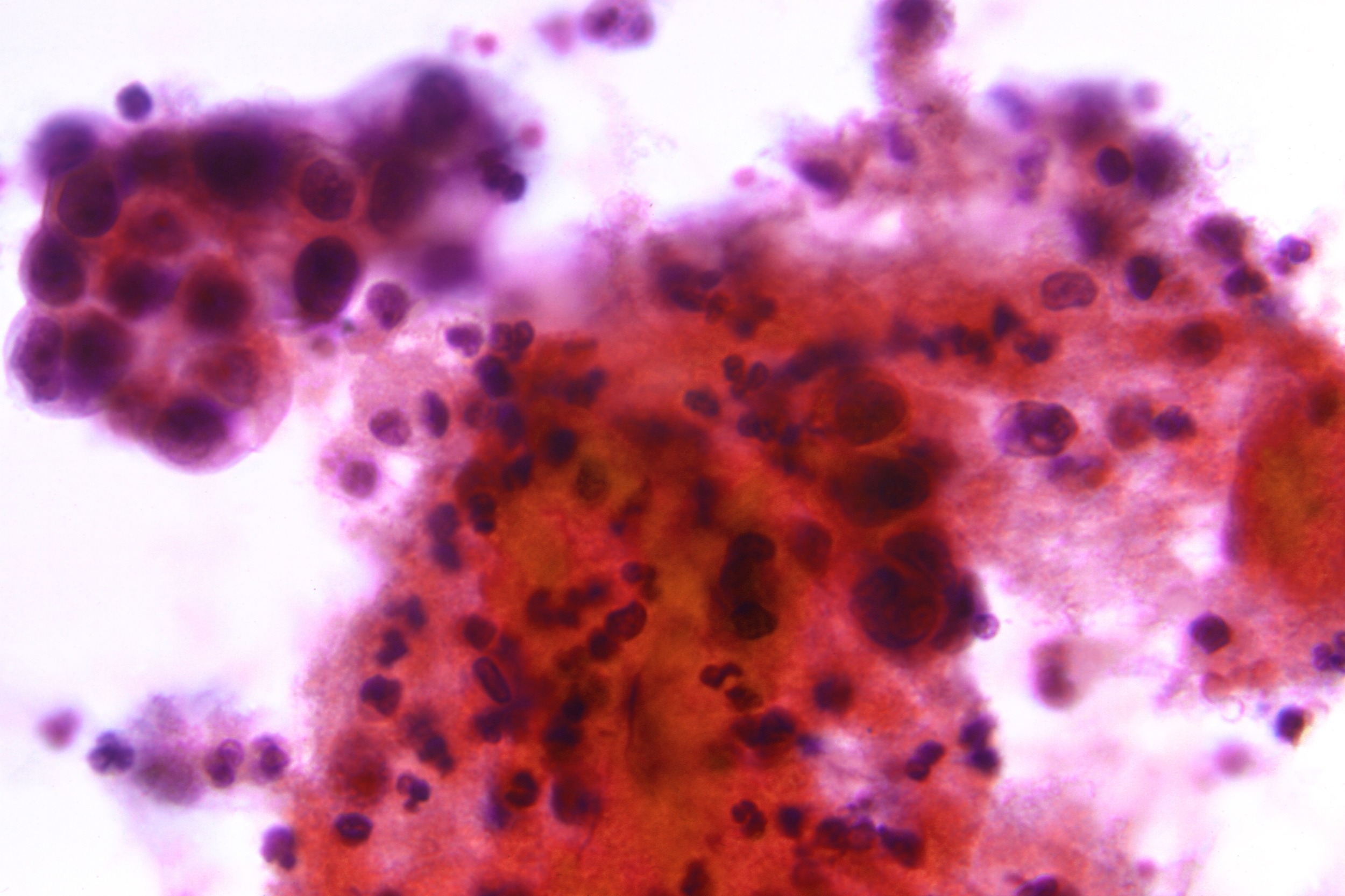(AURN News) – Scientists at the Cold Spring Harbor Laboratory Cancer Center (CSHL) have identified stress as a major contributor not only to heart disease and stroke but also to the metastasis of cancer.
Former postdoc for CSHL, Xue-Yan He, emphasized the inevitability of stress in cancer patients. “Stress is something we cannot really avoid in cancer patients. You can imagine if you are diagnosed, you cannot stop thinking about the disease or insurance or family. So it is very important to understand how stress works on us,” He said.
The research conducted by the scientists sheds light on the profound impact of stress on specific white blood cells, rendering them more susceptible to metastasis. By replicating chronic stress conditions in mice with cancer, the researchers observed a notable increase in the spread of cancer cells.
The groundbreaking study not only underscores the psychological toll that a cancer diagnosis takes on individuals, but also highlights the tangible physiological consequences as well.
Click play to listen to the AURN News report from Jamie Jackson:




